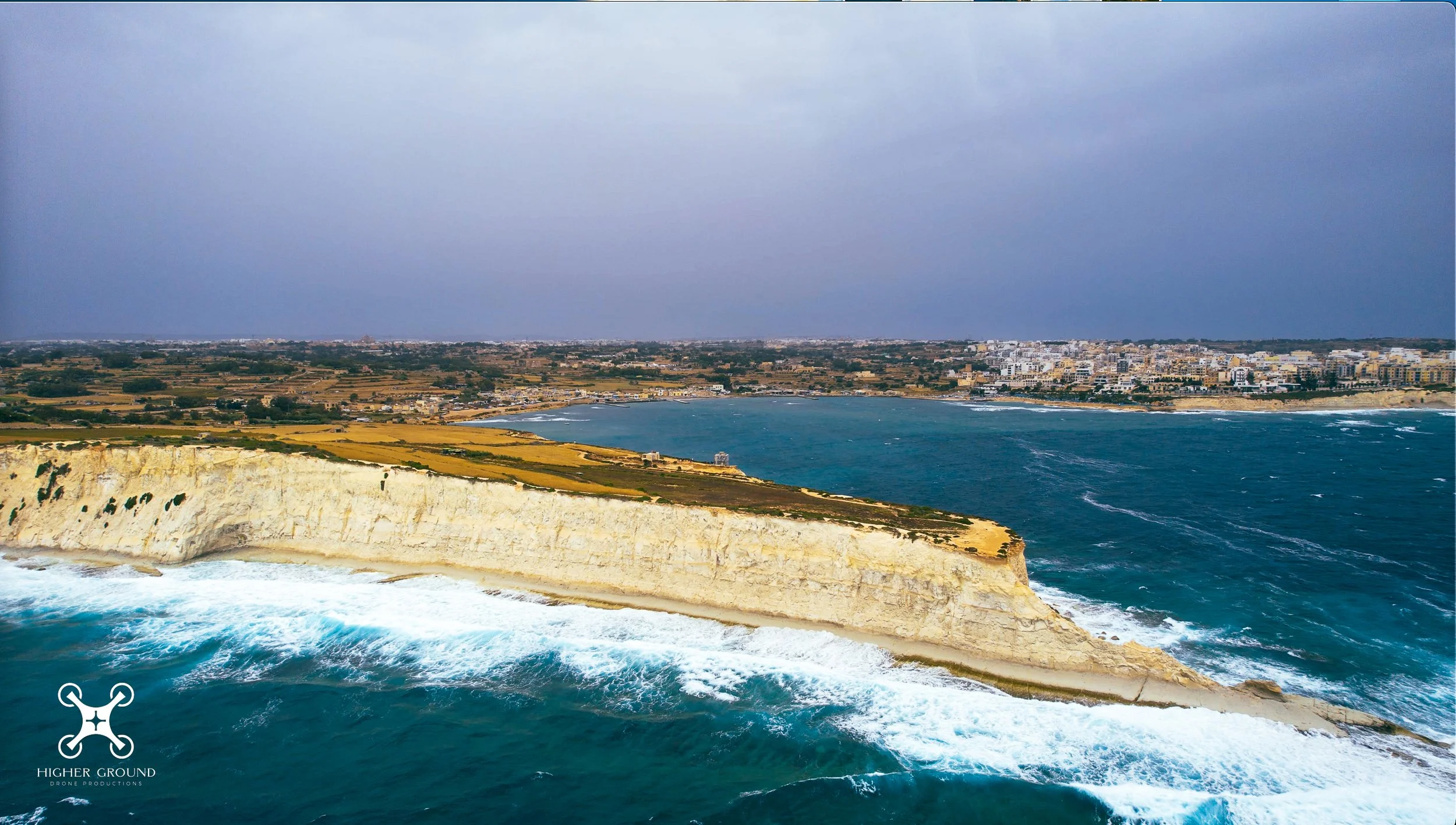Paul and the Roman Villa at Rabat, Malta
After we were brought safely through, we then learned that the island was called Malta….after three months we set sail. Acts 28:1 and 11.
The book of Acts tells us that Paul and Luke together with their guards and other prisoners were stranded on Malta for three months. Traditions in Malta hold that Paul lived and preached and taught from a cave church in what is now Rabat, Malta. There is an excavated roman villa in Rabat, near the walled city of Mdina, that is a possible site for the home of Publius “chief man of the island…who received us and entertained us hospitably for three days” Acts 28:7. The roman villa site (Domus Romana) has preserved mosaics and floor tiles and columns from the peristyle courtyard. These items are under cover of a museum. The villa is dated to the 1st century BC and would have been within the city of Melite- later Mdina. There are also examples of painted plaster walls reminiscent of paintings on the walls in Pompeii. Outside are remains of architectural features and olive presses.
Across the street from the Domus Romana excavation site and museum is the walled city of Mdina, originally founded in the 8th century BC. To this day there is no motorized traffic except for special occasions and permissions. St. Paul’s Cathedral is a grand church built over the site of St. Paul’s grotto in the 17th century. The entrance to the grotto is also the entrance to the catacombs. The grotto is a cave room with an altar, niches, an apse like area and places to pray and light candles. There are no actual finds or inscriptions to support the idea that this is where Paul spent his time on the island - just tradition and proximity to a roman villa of the right era and furnished as for an important family.
We included pictures from St. Thomas Bay and Marsaxlokk bay - two other areas considered possible for the shipwreck of St Paul and Luke. Also included are a few pictures from one of the many Megalithic temples on Malta and Gozo - Hagar Qim.
Grotto of St Paul, Malta































